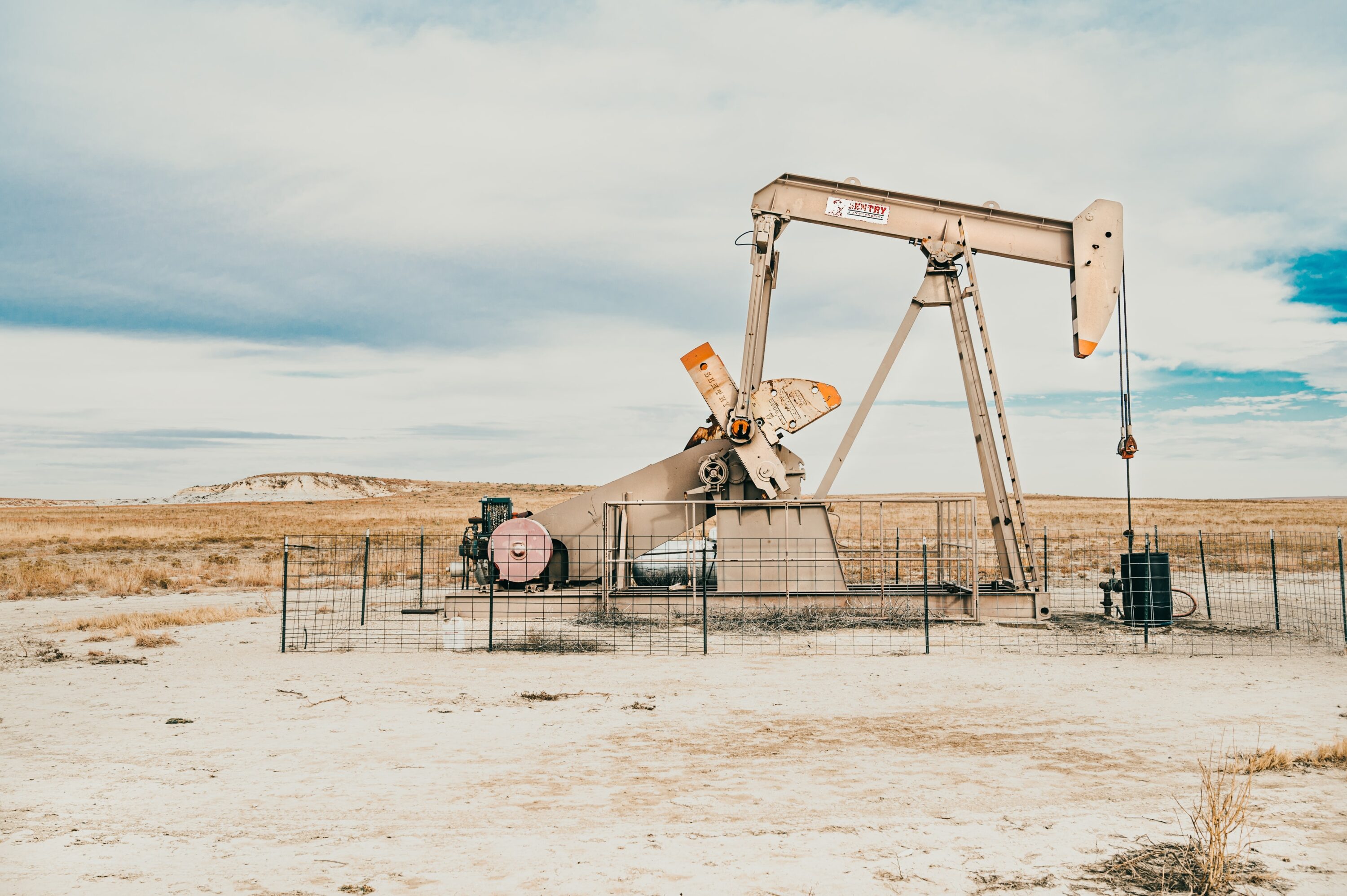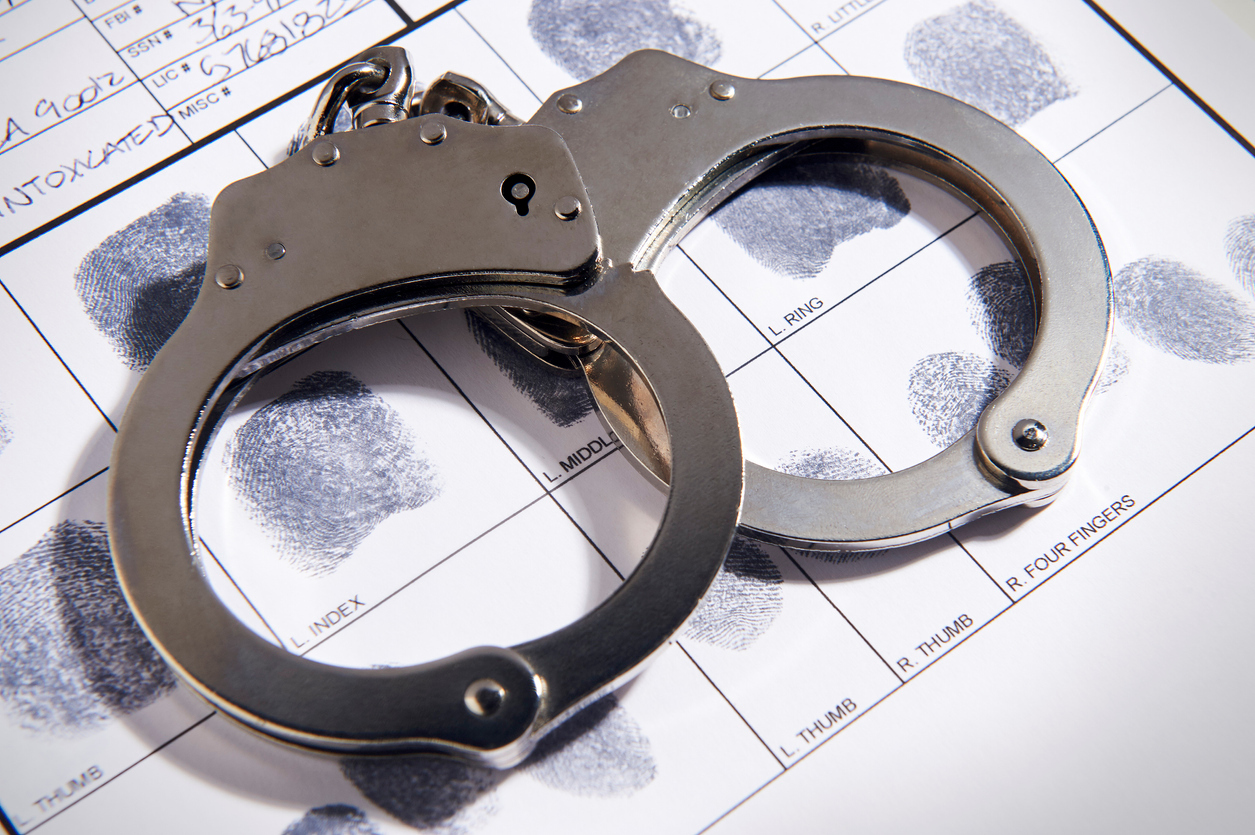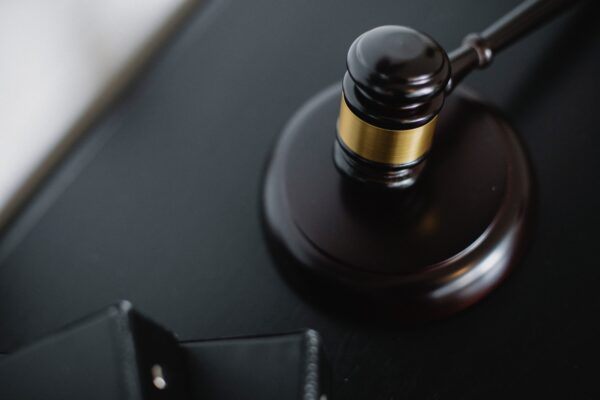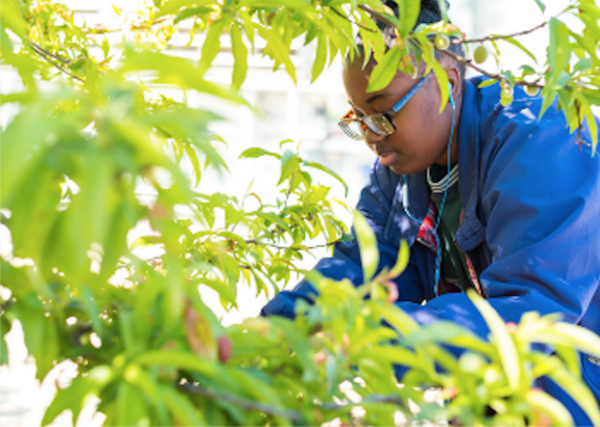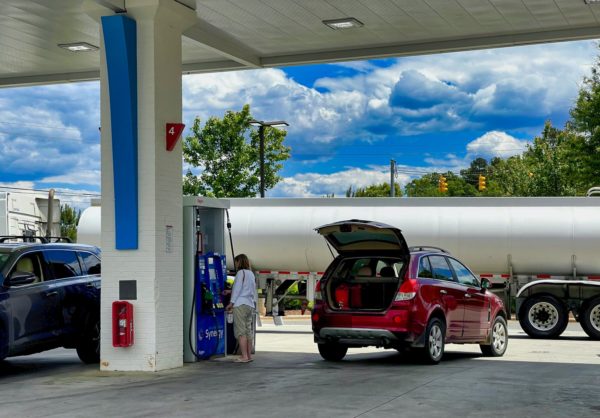Two-thirds of Angelenos believe the Los Angeles Police Department racially profiles Black people at a higher rate than other groups, according to a 2022 Loyola Marymount survey on police and community relations released Tuesday.
Of the 1,755 residents surveyed, a majority of respondents across all races and ethnicities believed Black people are targeted by police more often than other racial groups. The percentage breakdowns ranged from 64% of Latino respondents to 73% of Black respondents.
The survey, conducted between March 24 and June 3, was the second of a three-part study into public opinion of the LAPD by the Leavey Center for Study of Los Angeles at LMU. The first survey was conducted following the 2020 murder of George Floyd by a Minneapolis police officer.
Less than half of respondents (43%) said police officers treat all racial and ethnic groups equally, and over two-thirds believed officers stop some people without good reasons. Just over half of respondents said police are held accountable (56%) and use force only when necessary (55%). Those figures were all fairly flat compared to 2020.
Police Chief Michel Moore, speaking at Tuesday’s Board of Police Commissioners meeting, said the overall results of the survey indicated the satisfaction with the LAPD was high, but acknowledged concerns over racial profiling.
“We have lasting and ongoing concerns about the perception of policing in the city in regards to people who are of color and communities of color, and whether law enforcement and the LAPD can be trusted to act in an unbiased and a fair and impartial manner,” Moore said.
Trust in the LAPD increased by seven percentage points from 2020. Fifty-eight percent of respondents said they would trust the department to do what is right “just about always” or “most of the time,” compared to 51% in 2020. That figure was below the level of trust in non-police alternatives (63%), but higher than trust in city government (47%) and the media (38%).
Just 16% of respondents were “very satisfied” with the LAPD’s performance, with half of those surveyed answering they were “somewhat satisfied.” The remaining third were either “not very satisfied” or “not at all satisfied.”
The percentage of respondents who described their experiences with LAPD officers as “mostly positive” also dropped from 47% to 41% over the last two years.
The department received slightly higher marks compared to 2020 in how it was maintaining public safety (69%), treating the community with respect (71%), responding with an appropriate amount of officers (66%) and listening to the needs of the community (62%).
Fewer than half of respondents believed that police were doing “very good” or “somewhat good” in responding to mental health crises, as well as being adequately trained to respond to people experiencing homelessness. A quarter of respondents reported feeling “unsafe” seeing LAPD officers in their neighborhood, with half answering that they felt “somewhat safe.”
Three-quarters of respondents said they would prefer to see more police patrolling their neighborhood.
Just under a third of respondents supported proposals to both “defund” the police and dismantle the police, a decrease from the 2020 survey conducted following Floyd’s murder. But when asked specifically if they would support reallocating parts of the police budget to social workers, mental health care and other social services, 70% of respondents answered in the affirmative.
At least one police commissioner, Dale Bonner, called for more context beyond comparing the figures to 2020, where the results may have been skewed by the impact of COVID-19 and protests following Floyd’s murder.
Moore said there was work to be done, but that the numbers were trending in the right direction. He believed that because people are more secure economically than in 2020, “we would see a trending up. And that has manifested itself here.”



